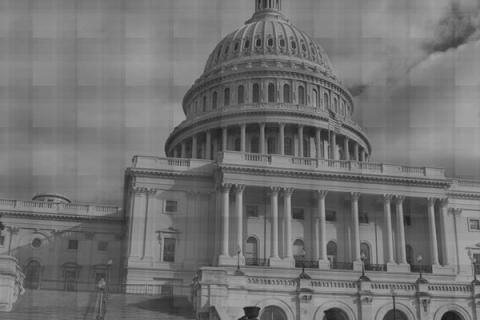According to research done by StateIntegrity.org, states with unregulated campaign contributions have a higher risk of corruption in political financing. A state's overall risk is based on laws in place and the potential for corruption.
Four states (Missouri, Oregon, Utah, and Virginia) do not have laws limiting campaign contributions, and consequently registered poor scores on the study's scale for potential corruption.
Because actualized corruption is not possible to accurately gauge, State Integrity created a scale which measures the potential for corruption in government. This is based on laws in place, their effectiveness, and the public's access to information and ability to be a check on government.
On a scale measuring corruption in all 50 states from least corruption potential to most, here is how the states that allow unlimited contributions rank: Oregon: 14th, Missouri: 16th, Utah: 36th, and Virginia: 47th
While overall scores don't provide much correlation, the Political Financing category shows poor scores for these unlimited contribution states. Oregon earned a D-, Missouri an F, Utah an F, and Virginia an F as well.
Corruption Risk Report Card for Virginia (click to enlarge)It was not only their lack of campaign finance limitation that earned these poor scores.
The calculation of corruption risk for the Political Financing section takes into account any and all regulations in place for the financing of political parties and individual candidates, the effectiveness of those regulations, and citizen access to the regulations.
These states provide little oversight and transparency in these categories, which the study deemed important in its scale of overall state corruption.
While some may suggest the study incorporates a tough grading scale, this may not be the case.
California, which ranked 4th on the corruption scale overall, earned itself a B- in political financing. It did so by earning stellar scores in citizen access and regulations in place, but still had F marks in terms of the effectiveness of those regulations.
Even if stifling the potential for corruption is difficult, a state can gain a B- on this scale for simply showing effort.
Regardless of personal belief on money in politics as it pertains to the ethos of democracy, there appears to be a direct connection between regulation on campaign contribution and the ensuing probability for corruption. This issue presents itself not only in state legislatures, but on the national scale as well.
Transparency International’s survey of global corruption perception, and their subsequent summation, notes that the 2012 spending in the United States elections, as well as the Supreme Court's Citizens United decision, dropped America below comparable nations in the developed world.
The nation's 74 percent on the global scale ranked the US at 19th in corruption; a score lower than countries such as Australia, Germany, Singapore, Canada, Japan, and Denmark.
Even if these studies are merely measuring perception and potential, are Americans willing to accept scores of mediocrity in something as important as the nation's legislative firewalls to prevent corruption?


